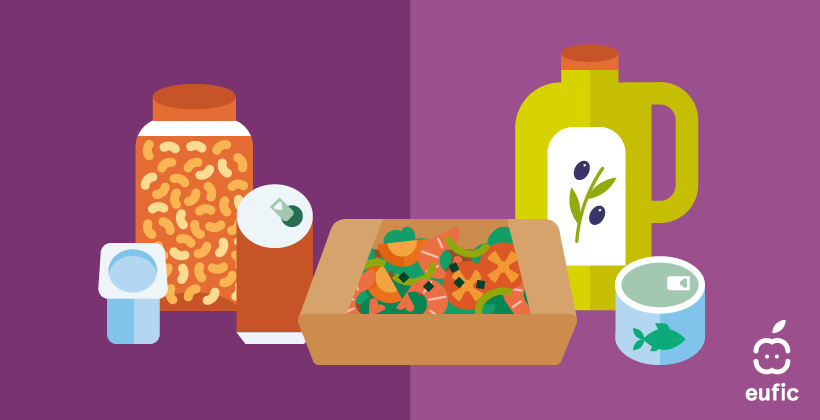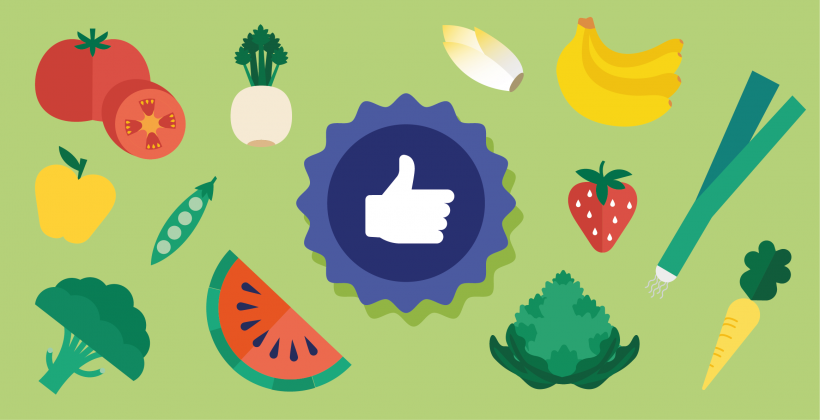OLEUM: Ensuring high quality olive oil
Last Updated : 28 February 2017Europe is currently the largest producer of olive oil accounting for more than 70% of the world’s production. Nevertheless, non-EU countries are expanding their domestic production, increasing the competitiveness of the global olive oil market. This increased competitiveness, combined with expanding markets and a lack of efficient and harmonised analytical methods for detecting olive oil fraud has led to significant weaknesses that can be exploited by counterfeiters. The high price of olive oil, the distinctive sensory profile, and its reputation as a healthy source of dietary fats also makes olive oil a target for adulteration or illegal blending with other vegetable oils or deliberate mislabelling of less expensive classes of olive oil. As a result, olive oil adulteration for the purpose of financial gain has become one of the biggest sources of agricultural fraud in the EU.
Aims of the OLEUM project
The overall objective of OLEUM is to better guarantee olive oil quality and authenticity by empowering detection and fostering prevention of olive oil fraud. Improvements in the quality, safety and authenticity of olive oils will boost consumer confidence and ultimately enhance the competitiveness of the EU olive oil market. This overall objective is supported by 3 strategic objectives:
- To develop new and/or improved analytical methods for assuring the quality and authenticity of olive oil.
- To develop the OLEUM databank, an online integrated quality assurance database of olive oil analytical methods and data related to chemical and organoleptic characteristics (e.g. related to the sensory experience such as taste, odour, texture).
- To develop and support a worldwide community of proficient analytical laboratories involved in the analysis of olive oil, thus establishing a wide OLEUM Network.
OLEUM is a 4-year project that began in September 2016, and has received funding from the European Union’s Horizon 2020 research and innovation programme under grant agreement No. 635690. The project is coordinated by Prof. Tullia Gallina Toschi of the Department of Agricultural and Food Sciences of the University of Bologna, Italy. Twenty partners covering fifteen countries, bring together competences from food analysis, food legislation, industrial equipment engineering, bioinformatics, communication and knowledge exchange.
EUFIC’s role in OLEUM:
- Leading the work package on Dissemination and Communication (WP7)
- Involved in networking and technology transfer activities (WP6)
For more information, visit www.oleumproject.eu




